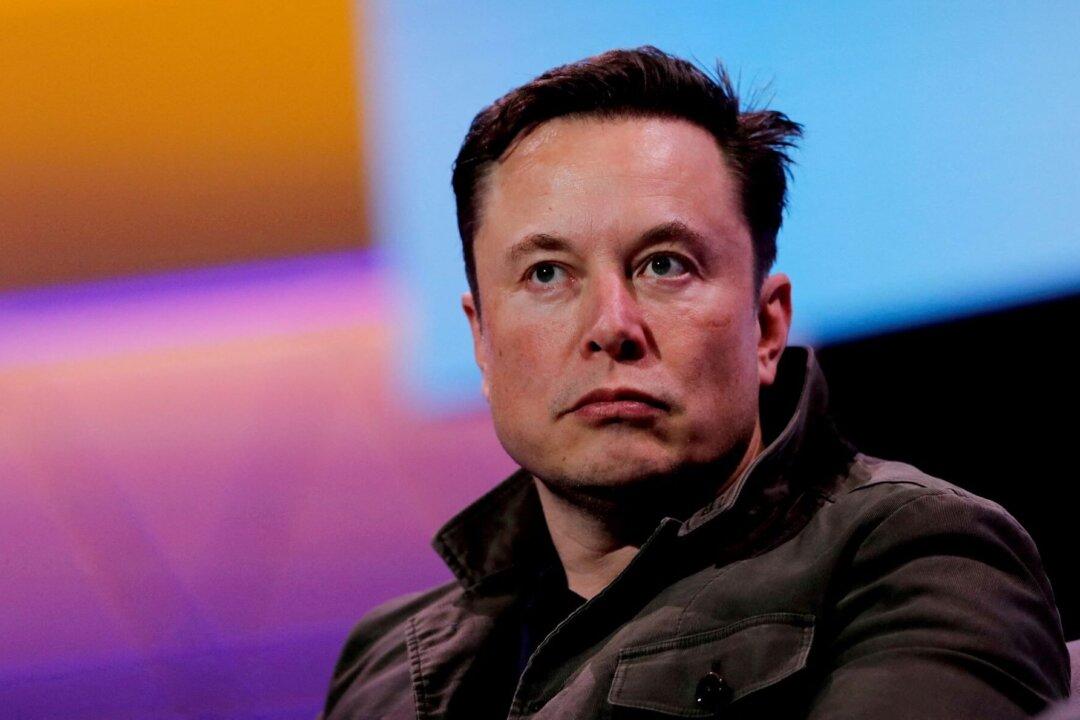Twitter owner Elon Musk said Monday that the platform suffers from a “ridiculous” number of professional psychological operations (or, “psy ops”), a concept that typically refers to the dissemination of propaganda or, when used by state actors like the military, psychological warfare tactics meant to manipulate one’s enemies.
“The amount of pro psy ops on Twitter is ridiculous!” Musk wrote in a post on Twitter.





